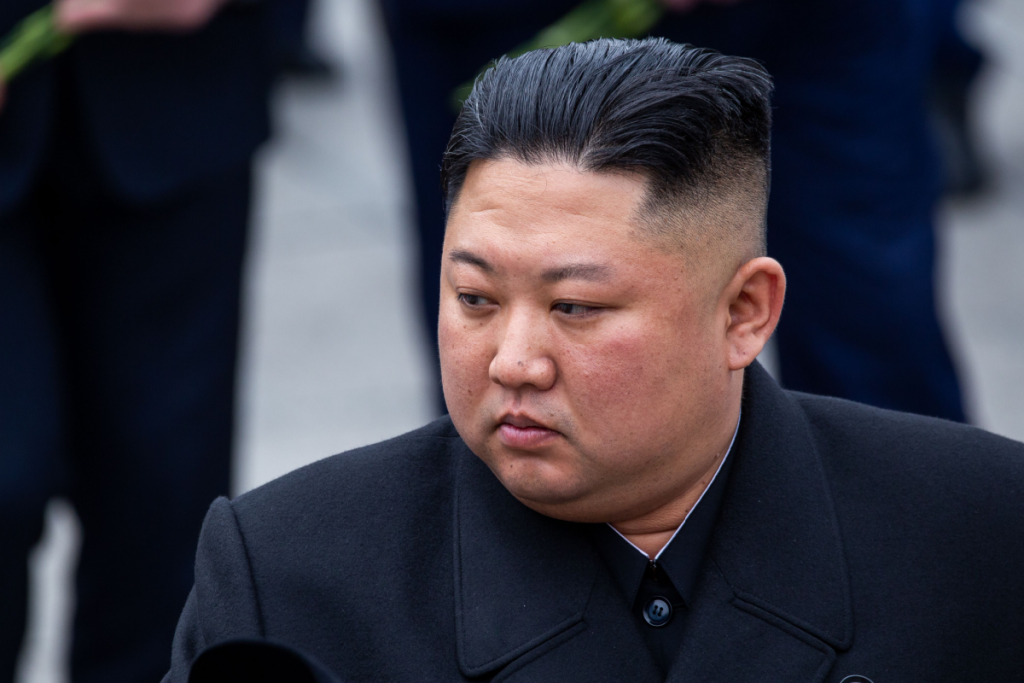North Korean leader Kim Jong Un will travel to China next week for his first visit in six years, where he will attend a military parade in Beijing alongside Chinese President Xi Jinping and Russian President Vladimir Putin. The event, marking the 80th anniversary of the end of World War II, highlights growing alignment among Beijing, Moscow, and Pyongyang at a time of heightened tensions with the United States, South Korea, and Japan.
A Rare Multilateral Appearance
Since taking power in 2011, Kim has participated only in bilateral summits, meeting figures such as Xi, Putin, and former U.S. President Donald Trump. His attendance at this parade marks his first multilateral engagement with a large group of world leaders. Analysts believe Kim aims to strengthen ties with pro-Russian and pro-Chinese nations, while projecting North Korea as a “normal” participant in global affairs. The event will also feature leaders from Iran, Belarus, Cuba, Indonesia, and other nations, but no major Western leaders are expected.
Strategic Alignment With Russia and China
Observers note that North Korea’s deepening military cooperation with Russia—providing troops and ammunition for the Ukraine war in exchange for aid—has emboldened Kim. China remains Pyongyang’s top trading partner, accounting for nearly all of its external commerce in 2023. Analysts suggest Kim’s visit serves multiple purposes: repairing ties with Beijing, reinforcing trilateral symbolism with Moscow and Beijing, and demonstrating resistance to U.S.-led alliances in Asia. The parade itself is expected to showcase China’s latest military technology and a keynote speech by Xi.
Diplomatic Implications
Kim’s Beijing trip may also be linked to reviving diplomacy with Trump, who has spoken warmly about past meetings with the North Korean leader and expressed interest in resuming talks. Historically, Kim visited China ahead of earlier nuclear summits with Trump. Some experts argue that Kim hopes to reengage Washington from a stronger position, using closer ties with Xi and Putin as leverage. Others point out that while Russia is Kim’s immediate foreign policy priority, he remains dependent on China’s political and economic support.
Conclusion
Kim Jong Un’s upcoming appearance in Beijing represents more than just a parade visit—it signals shifting geopolitical dynamics and a calculated move to reinforce North Korea’s standing among its closest partners. With trilateral symbolism on full display, the event underscores the emerging counterweight to U.S.-aligned coalitions in the region while leaving the door open for future diplomatic maneuvers.


